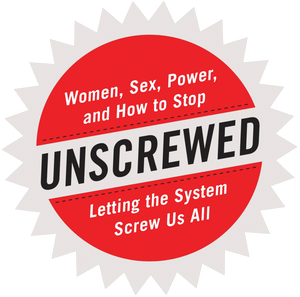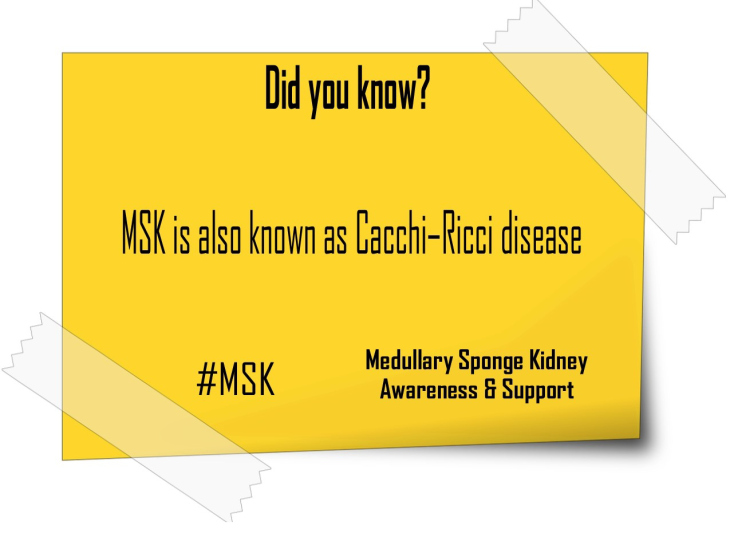The first sign of desperation here is a congregation that follows a pastor named Pastor Revelations Bitchington Mboro – we would need another review to unpack that name alone. Frankly, we would need a separate review to discuss all the characters’ names in the book. By now it should come as no surprise that we are reviewing none other than Noviolet Bulawayo’s extraordinary childhood reflection, We Need New Names – because we do.
In a book that documents a nation’s fight to retain claim to the country they call home, and make a home of a country that isn’t their own, the first blow is Chipo’s pregnancy. This 10 year old is months away from being a mother by her grandfather’s incestuous assault. Like that unexpected punch landing on your nose in your first primary school fight, we are painfully introduced to the uncomfortable stripping of innocence experienced by the children that the story of poverty, hope and resilience is told through. The story is narrated through Darling’s naïve maturity – a maturity that can only exist when you are forced to grow up faster than seasonal guavas in Budapest.
“This 10 year old is months away from being a mother by her grandfather’s incestuous assault.”
The perceived disconnectedness of the chapters reflect the childlike understanding of the world and the way they process their condition. For some, it is easy to channel your inner child and find playful humour in the shallow animation of Stina, Sbho, Bastard, Chipo, Godknows (my fave, Godknows) and Darling (all pre-teens) when, for example, they mock an “overeducated” security guard. For others, the horrors revealed in the games they play will haunt your bones cold. When does the inhumane slaughter of a freedom fighter whose only crime was sharing his beliefs in political change and democracy constitute as a game? My mistake. Bastard quickly corrects the foreign aiders (if only there were a grain of rice for every photo they took of “Africa’s desperation”) their games are based on real life. It is rather unsettling that their lives are comfortably riddled with death. When watching funerals of young people becomes a day-time sport and nursing your father’s living skeleton is more annoying than depressing we have already lost an appreciation for life.
 Takabva kure (we came from far) [source: https://www.instagram.com/bloody_kneo/]
Takabva kure (we came from far) [source: https://www.instagram.com/bloody_kneo/]
For readers with any relation to Zimbabwe — as a home that spat you out into foreign lands or a place you have every claim to by way of your ancestors but has never been a home to you — this read isn’t an easy one. Darling’s realisation of her reality is a relatable experience. Chapter 16 is not a safe zone – especially after a glass of red red wine – read with caution. It made me think about what people define home as. Is home an inheritance, a memory, a feeling, an experience or a roof over your head? Certainly when you can identify with more than one heritage this reads like a trick question. “This is our home too” echoes from the graves of the white home owners of Budapest that repaid the sins of their ancestors with their own lives like Jesus did – only you must shade his eyes brown for any hope that he sees your life worthy too. Living in a well-ornamented palace in the middle of a suburb, it comes as no surprise that they would be oblivious to how they displaced the natives of the land into the rudest squalor called Paradise. The places they call home are erected from cold sheets of metal and planks of wood – a condition shy to their previous life of typical middle-class provisions. It’s hard to know who to blame when things fall apart. We have learnt over and over again that when people have an unwarranted claim to something that doesn’t belong to them it usually involves bloodshed.
What killed me inside was the living death of a father, Kojo, watching his only son give his life for a country that never considered his kind as deserving of the same slice of pizza, let alone part of their country. You can tell from the jobs foreigners worked that they were beneath the beneath. The land of milk and honey ran dry for all Aunt Fostalinas who left home to work 24/7 menial jobs to provide for those “back home” who have the audacity to ask for imali ye-DSTV. Even in poverty there is room for status symbols.
“Even in poverty there is room for status symbols.”
My ambitions include writing a book review clean of shade and spice. I may have not accomplished this thus far but may I conclude that this book is a brilliant piece of literature art. Even though my opinion is worth very little more than a Zim dollar, I still give this book a solid 4.75 star-rating and a high five for the kids. The 0.25 deduction would be an easy handover had the book’s conclusion been fair and not left me questioning what the what. That being said I’d still recommend this page-turner to anyone who can read – like…errbady.
by Nozipho Gwaza
Share this:






